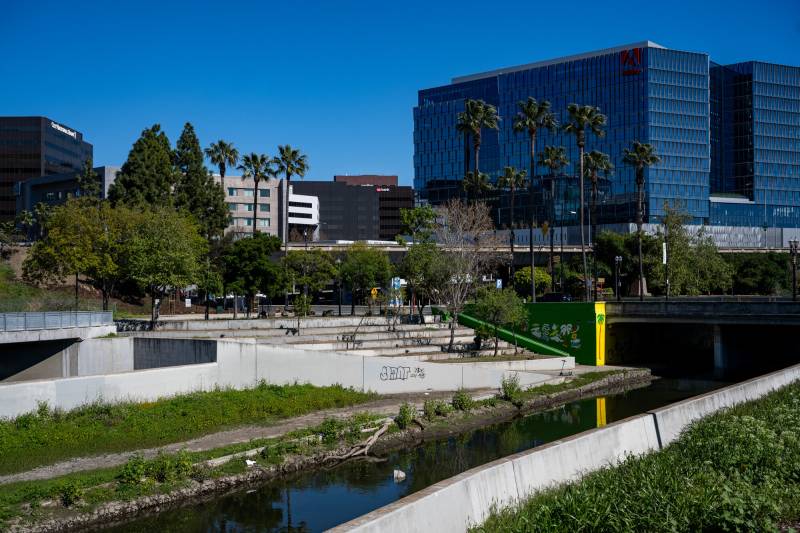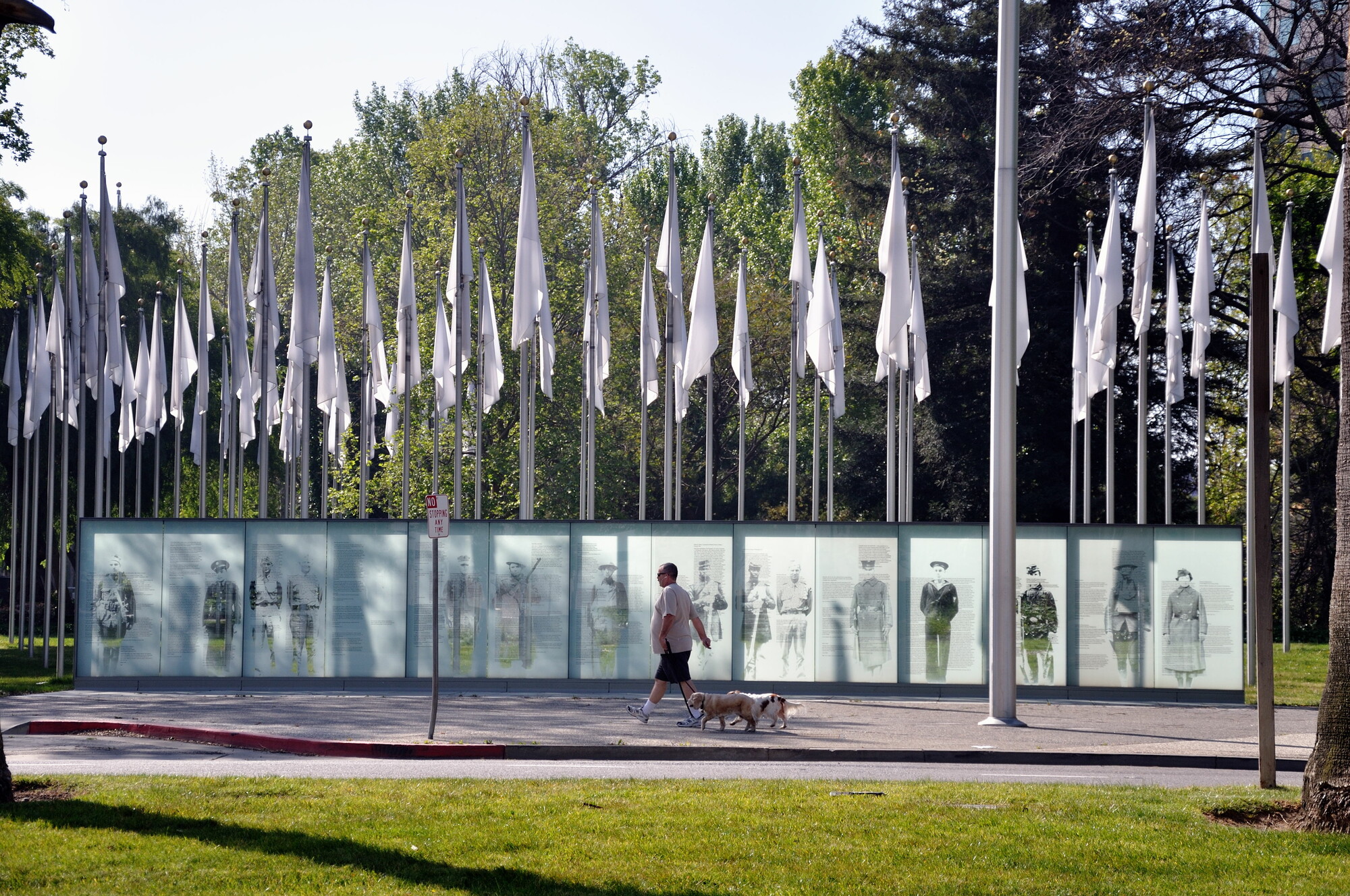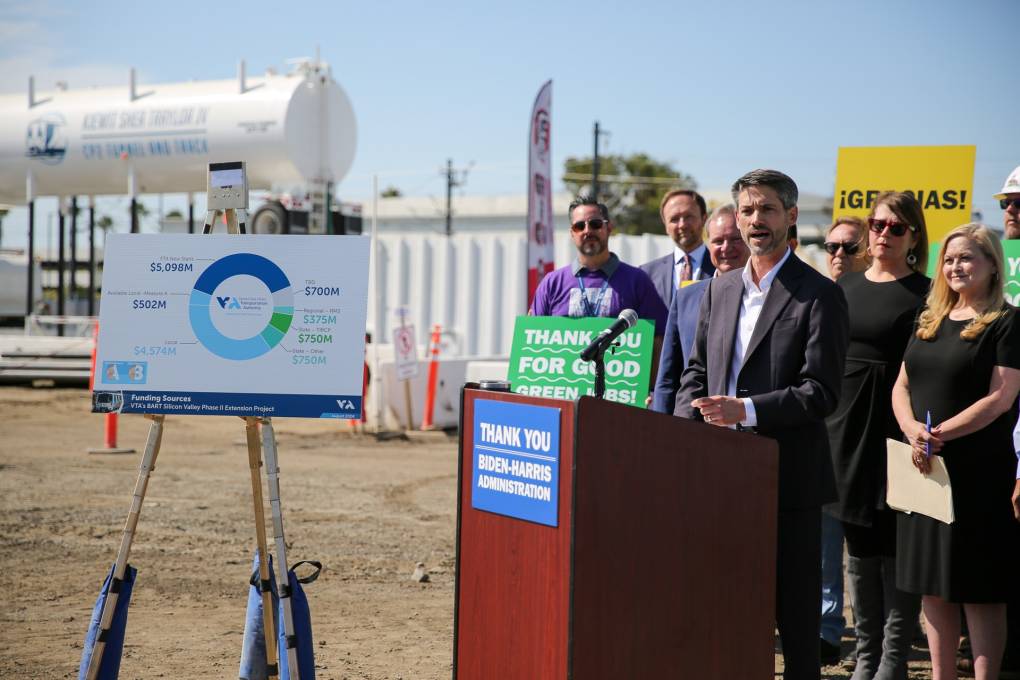Despite months of discussion, the San José City Council on Tuesday scrapped plans for a tax measure on the November ballot to fund park maintenance after city polling showed it was unlikely to muster the necessary support from voters.
With the city facing a parks maintenance backlog of over $450 million, council members instead opted to reevaluate the idea ahead of the 2026 election.
“In underfunded park districts like mine in Eastside San José, the quality of the park is the difference between it being a gang hotspot or it being used by families and young children,” Councilmember Peter Ortiz said. “That being said, I can see the writing on the wall and recognize that today or this election cycle may not be the best time to put this on the ballot.”
Council members acknowledged hearing a steady stream of complaints from residents about dilapidated playgrounds, patchy grass turf and graffitied structures. Still, they voted unanimously to delay consideration of a plan to pay for the fixes, citing the difficulty of securing the required support from two-thirds of voters to pass a new parcel tax on property owners.



